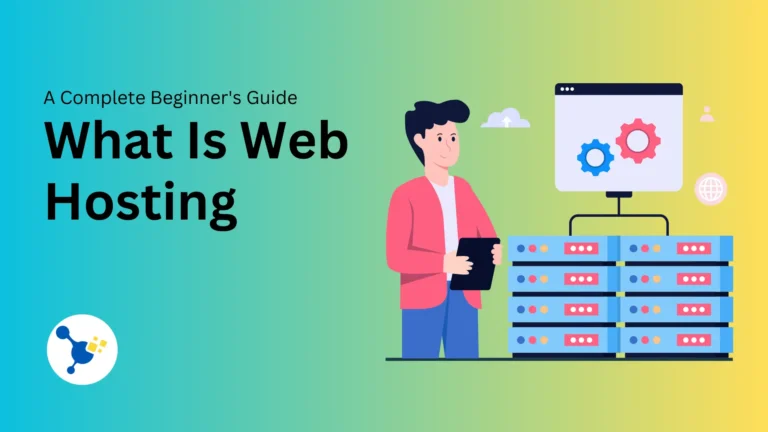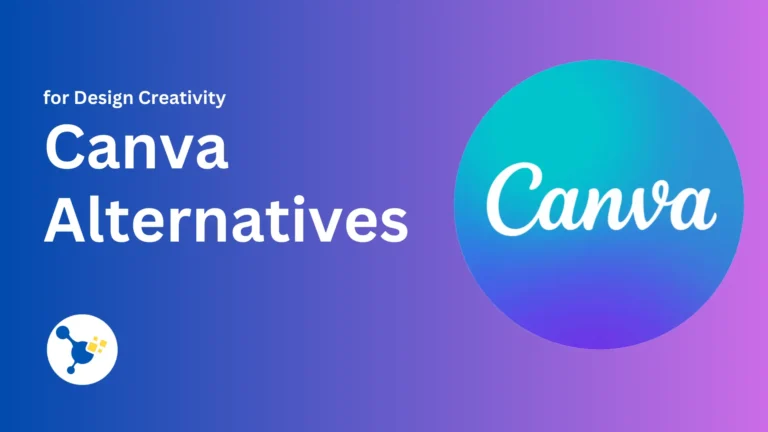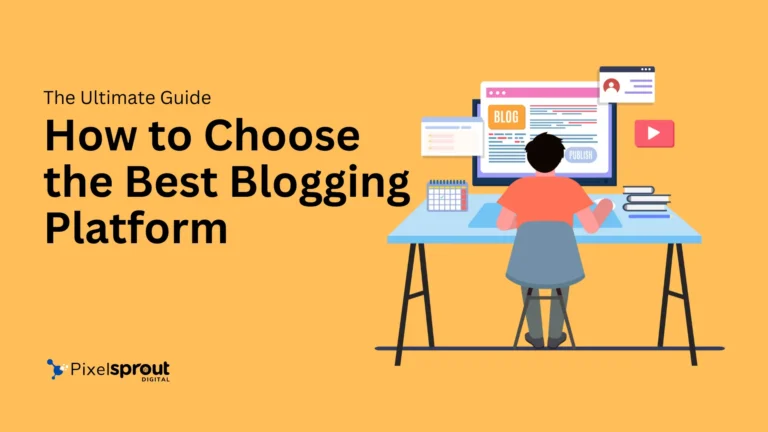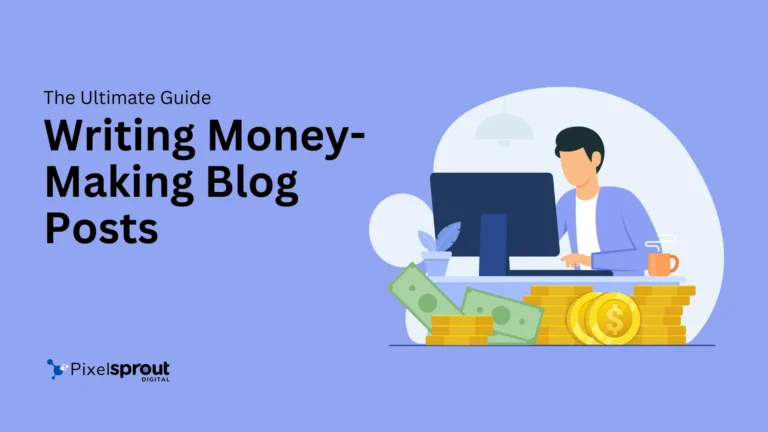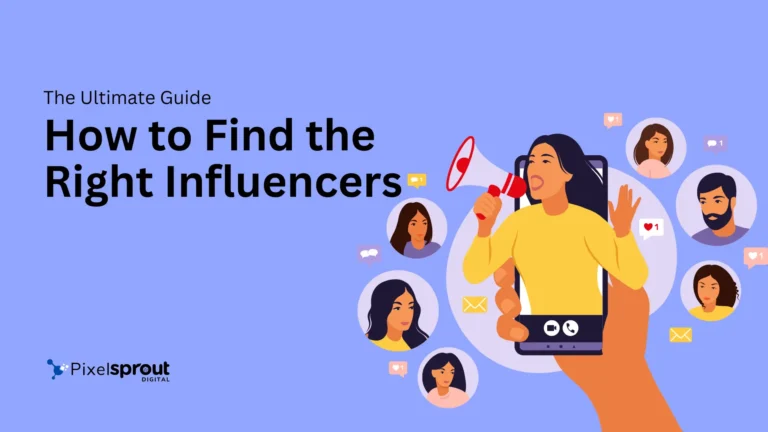Pros & Cons Essay On Social Media Unveiled
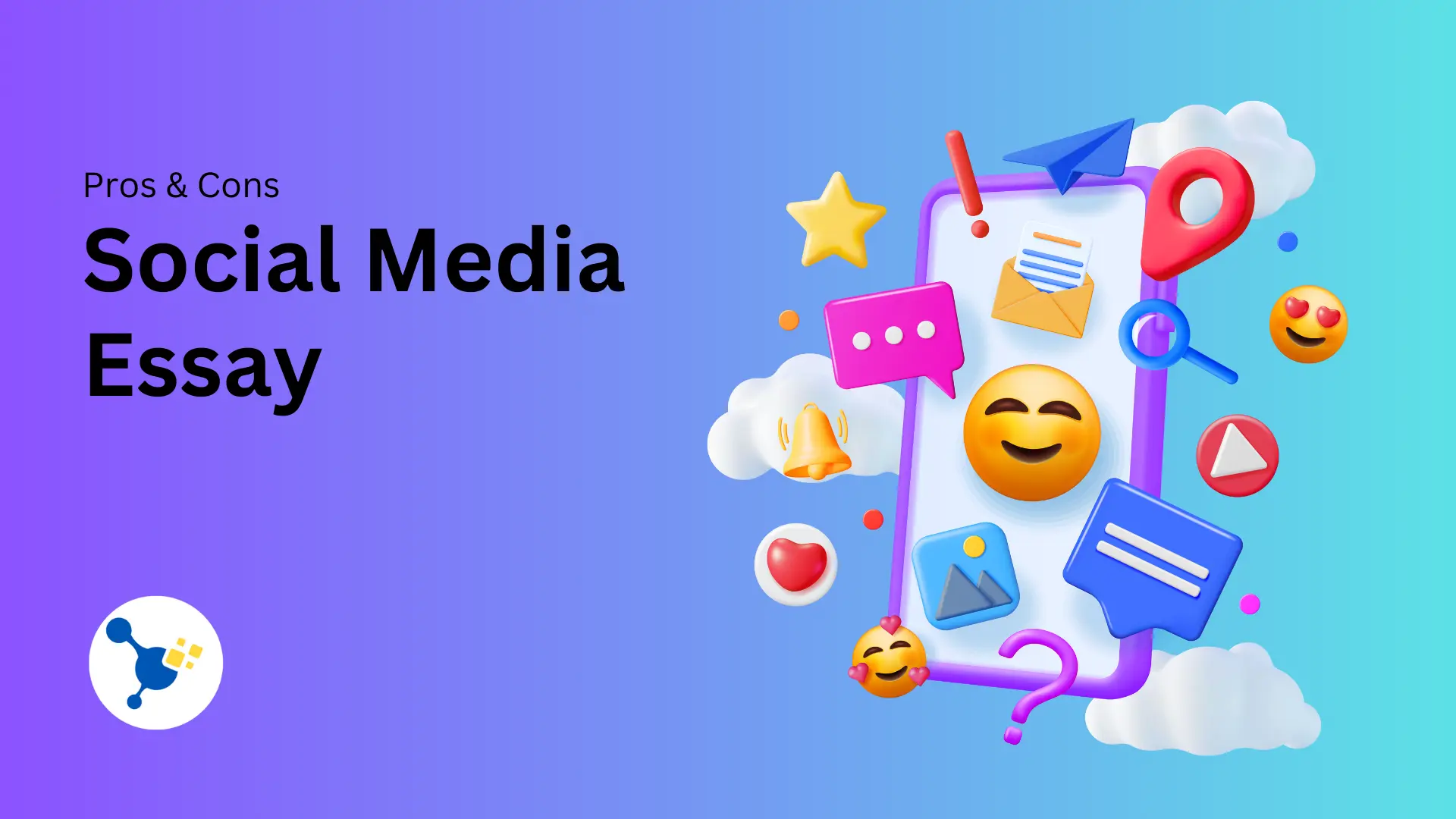
Social media has become an integral part of our lives, shaping the way we connect, communicate, and consume information. Whether it’s staying in touch with friends and family, discovering new interests, or promoting businesses, social media has undeniably transformed the way we interact with the world around us. But is it all sunshine and rainbows? Are there hidden disadvantages lurking behind the appealing facade of social media? These questions prompt us to delve deeper into the complexities surrounding the topic of social media essay.
In this essay, we will delve into the pros and cons of social media, exploring its advantages and disadvantages. We will examine how social media has impacted various aspects of our lives, from connectivity and education to business and privacy concerns. It’s time to uncover the truth about social media and evaluate its true impact on modern society.
Key Takeaways:
- Understand the advantages and disadvantages of social media
- Explore the impact of social media on connectivity, education, and business
- Examine the privacy concerns associated with social media usage
- Uncover the psychological impact of social media on individuals
- Discuss the influence of social media on news consumption and awareness
The Integral Role of Social Media in Modern Society
Social media has become an integral part of our lives. It has revolutionized the way we communicate and interact with each other, shaping our modern society in profound ways. From connecting people across the globe to influencing cultural phenomena, social media has had a significant impact on various aspects of our lives.
Let’s explore the pros and cons of social networking and the effects it has on society. Social media has undoubtedly brought positive changes. It has provided us with a platform to connect with friends, family, and like-minded individuals. Through social media, we can share our thoughts, ideas, and experiences, fostering a sense of belonging and community.
Furthermore, social media has facilitated the exchange of knowledge and information. From educational resources to online courses, social media platforms have become valuable tools for learning. They offer new opportunities for personal and professional growth, enabling individuals to expand their horizons and acquire new skills.

Like everything else, social media also has its drawbacks. Privacy concerns are a prominent issue in the digital age. We must navigate the challenges of protecting our personal information and ensuring our digital footprint remains secure.
Moreover, excessive use of social media can have negative effects on mental health. The constant exposure to curated online personas and the pressure to maintain a certain image can contribute to feelings of inadequacy, leading to low self-esteem and social comparison.
Despite these challenges, it is clear that the impact of social media on society is far-reaching. It has changed the way we connect, learn, and express ourselves. We must recognize the potential benefits and pitfalls of social media and find a balance in our usage, ensuring that we harness its power for positive outcomes while mitigating the negative effects.
Understanding Social Media’s Global Reach
In today’s interconnected world, social media has become a powerful force that transcends borders and brings people together. The rise of social media users worldwide has transformed the way we connect, communicate, and share information. From long-lost friends reconnecting to business professionals networking, social media has become an integral part of people’s lives.
The Rise of Social Media Users Worldwide
Social media platforms have witnessed a staggering increase in users globally over the years. As of 2021, there are approximately 3.96 billion social media users worldwide, accounting for more than half of the global population. This massive number reflects the widespread adoption of social media and its significance in our daily lives.
The popularity of social media can be attributed to its ability to connect individuals across geographical barriers, providing a platform for people to interact, share ideas, and stay updated with the latest trends and news. Through social media, we can effortlessly connect with friends, family, colleagues, and even strangers who share our interests, ultimately fostering a sense of belonging and community.
The Spectrum of Platforms: From Facebook to TikTok
With the diverse range of social media platforms available, users have a multitude of options to choose from based on their preferences and interests. Popular social media platforms such as Facebook, Instagram, Twitter, LinkedIn, YouTube, and Snapchat have emerged as household names, each catering to different types of content and interactions.
Thanks to social media, we can share life updates, photos, videos, and thoughts effortlessly. Social networking platforms have enabled real-time communication, breaking down barriers of distance and time. People from different corners of the world can engage in conversations, exchange ideas, and develop relationships without being limited by physical boundaries.
Social media sites have also become platforms for entertainment, news consumption, and self-expression. From the latest viral challenges on TikTok to thought-provoking discussions on Twitter, social media has transformed the way we consume and engage with content. Whether it’s discovering new music, exploring fashion trends, or staying informed about current events, popular social media platforms have become go-to sources for a wide range of information and entertainment.
In conclusion, the global reach of social media has revolutionized the way we connect and interact with one another. As social media continues to evolve and innovate, it will undoubtedly shape the future of communication, further blurring geographical boundaries and fostering meaningful relationships worldwide.
Essay On Social Media: Advantages & Disadvantages
Building Bridges: How Social Media Fuels Connectivity
Social media has become an indispensable tool that connects people from different corners of the world. It plays a crucial role in building bridges and fostering connectivity between individuals and communities. Through social media platforms like Facebook, Twitter, and Instagram, we can effortlessly stay connected with friends, family, and acquaintances, regardless of geographical barriers.
One of the significant advantages of social media is the ability to form and maintain relationships. Whether it’s connecting with long-lost friends or creating new connections, social media offers a convenient way to foster relationships and strengthen bonds. Moreover, social media allows us to engage in meaningful conversations, share experiences, and gain diverse perspectives, ultimately fueling connectivity and promoting a sense of belonging.
Social media is not just limited to personal connections. It also provides a platform for businesses and organizations to interact with their target audience. Companies can leverage social media to engage with customers, showcase their products or services, and build brand loyalty. This level of connectivity empowers businesses to reach a wider audience and establish a prominent online presence.
Education in the Digital Era: Social Media as a Learning Tool
The digital era has revolutionized the education landscape, with social media playing a pivotal role in the learning process. Students and educators alike can harness the power of social media for educational purposes, enhancing the overall educational experience.
Social media platforms offer various resources and tools that facilitate learning, including online courses, educational videos, and discussion forums. These platforms allow students to access information instantaneously and engage in interactive learning experiences. Additionally, social media enables students to collaborate on projects, share knowledge, and seek assistance from their peers, creating a collaborative and inclusive educational environment.
Social media also presents opportunities for educators to connect with students beyond the classroom. Teachers can share educational resources, provide real-time feedback, and engage students in discussions, fostering active and personalized learning experiences. Furthermore, social media serves as a platform for educational institutions to promote events, share academic achievements, and showcase the accomplishments of students and faculty members.
In conclusion, social media offers distinct advantages in terms of connectivity and education. It serves as a bridge that connects individuals, communities, and businesses, fostering meaningful relationships and promoting engagement. Additionally, social media has transformed the education landscape, providing students and educators with valuable resources and opportunities for interactive learning. However, it is crucial to maintain a balance and be mindful of excessive use, as social media addiction and privacy concerns can arise if not managed responsibly.
Exploring the Benefits of Social Media in Business
In today’s digital age, social media has significantly transformed the business landscape. It has revolutionized marketing strategies, providing businesses with new avenues to connect with their target audience and drive growth. Let’s delve into the various benefits that social media brings to businesses.
Enhancing Brand Reputation: Social media platforms enable businesses to establish and enhance their brand reputation. By consistently sharing valuable and engaging content, businesses can build trust and credibility among their audience. This fosters a positive perception of the brand, attracting more potential customers.
Targeted Advertising: Social media marketing allows businesses to reach their desired audience with precision. With advanced targeting options, businesses can tailor their advertisements based on demographics, interests, and behaviors. This ensures that their message reaches the right people, maximizing the effectiveness of their marketing efforts.
Direct Engagement: Social media enables businesses to directly connect and engage with their customers. Through comments, direct messages, and interactive features, businesses can build strong relationships with their audience. This direct engagement fosters loyalty and customer satisfaction, ultimately driving repeat business and word-of-mouth referrals.
Broad Reach: One of the most significant benefits of social media is its vast user base. Social media platforms have billions of active users, providing businesses with unparalleled access to a wide audience. This broad reach allows businesses to expand their brand visibility and reach new customers, both locally and globally.
Increased Website Traffic: Social media serves as a powerful driver of website traffic. By sharing compelling content and strategically placing links to their website, businesses can attract visitors to their online platforms. Increased website traffic not only boosts brand visibility but also creates opportunities for lead generation and conversions.
Market Research and Analysis: Social media provides valuable insights that businesses can leverage for market research and analysis. Through analytics tools, businesses can access data on audience demographics, preferences, and engagement patterns. This data helps businesses understand their target market better and make informed decisions to improve their products and services.
Cost-Effective Marketing: Compared to traditional marketing channels, social media marketing is highly cost-effective. Social media platforms offer a range of advertising options that fit various budgets, making it accessible to businesses of all sizes. By optimizing their social media marketing strategies, businesses can generate significant returns on their investment.
Competitive Advantage: Businesses that effectively utilize social media gain a competitive edge in the market. By leveraging the power of social media platforms, businesses can establish themselves as industry leaders and stay ahead of their competitors. This allows them to attract more customers, increase market share, and drive long-term success.
As the world becomes increasingly interconnected, social media’s role in facilitating business growth continues to expand. Businesses that harness the benefits of social media marketing can unlock new opportunities and stay relevant in today’s digital landscape.
The Dark Side: Social Media and Privacy Concerns
In today’s digital age, social media platforms have become an integral part of our daily lives. We use them to connect with friends and family, share our thoughts and experiences, and stay updated with the latest news and trends. However, amidst the convenience and entertainment that social media offers, there is a dark side that often goes unnoticed – privacy concerns.
Data Security Risks and Personal Privacy
When we sign up for social media platforms, we often provide personal information such as our name, age, location, and even phone numbers. While these platforms assure us that our data is safe, there have been numerous instances of data breaches where personal information was compromised. This puts our privacy at risk and raises concerns about the security of our personal data.
Data breaches can have serious consequences, including identity theft, financial fraud, and targeted advertising. Our personal information is valuable to advertisers and third-party companies, and it is often exploited without our knowledge or consent. As users, we must be aware of the risks and take steps to protect our data and privacy.
The Danger of Oversharing: Protecting Your Digital Footprint
Another aspect of social media privacy concerns is oversharing. Many users often share personal information, photos, and even their daily activities without considering the potential consequences. Oversharing can have long-lasting effects on our digital footprint, which refers to the trail of information we leave behind on the internet.Imagine posting a picture of your vacation while you are away, only for potential burglars to know that your house is unoccupied. This is just one example of how oversharing on social media can compromise our safety and privacy.
To protect our digital footprint, it is essential to be mindful of what we post and share online. We should review our privacy settings on social media platforms and ensure that we have control over who can access our personal information. Additionally, we should avoid sharing sensitive details such as our phone numbers, home addresses, and financial information on public platforms.
By being aware of the privacy risks associated with social media and taking necessary precautions, we can better protect ourselves and maintain control over our personal data. It is our responsibility to safeguard our privacy in the digital age.
The Psychological Impact of Social Media on Society
In this section, we will delve into the psychological impact of social media on society. The emergence of social media platforms has brought about significant changes in the way we interact and communicate with each other. However, it is important to recognize that excessive social media use can have detrimental effects on our mental health and overall well-being.
Social media addiction has become a growing concern in recent years. The constant need to check notifications, scroll through feeds, and seek validation from others can lead to a compulsive and unhealthy relationship with social media. This addiction can negatively affect our productivity, relationships, and overall happiness.
Furthermore, social media platforms often create an environment that fosters social comparison. Seeing carefully curated posts and images from others can lead to feelings of inadequacy and lower self-esteem. The constant exposure to unrealistic standards can lead individuals to believe that their own lives are inadequate in comparison.
Cyberbullying is another psychological consequence of social media use. The anonymity provided by these platforms can encourage individuals to engage in bullying behavior, causing emotional distress and harm to others. The frequent exposure to negative comments, harassment, and online threats can have severe consequences on an individual’s mental health.
It is important to be mindful of our social media usage and recognize the potential negative impact it can have on our psychological well-being. Setting boundaries, practicing digital detox, and prioritizing real-life connections are essential in maintaining a healthy relationship with social media.
The Influence of Social Media on News Consumption and Awareness
Social media has had a profound impact on the way we consume news and stay informed about current events. In this section, we will explore the transformation of information dissemination brought about by social media platforms and the challenges it presents in terms of the credibility of news sources and the spread of fake news.
From Traditional News to Tweets: The Transformation of Information Dissemination
Social media has revolutionized the way news is shared and consumed. Gone are the days when we solely relied on traditional news sources such as newspapers, television, and radio. With the advent of social media platforms like Twitter, Facebook, and Instagram, news has become more accessible and instantaneous.
Social media platforms allow news to be disseminated rapidly through posts, tweets, and shares. These bite-sized pieces of information can be consumed on the go, enabling users to stay updated with the latest news developments in real-time.
The interactive nature of social media also allows for increased audience participation and engagement with news content. Users can comment, share their opinions, and engage in discussions, fostering a sense of community and creating a feedback loop between news providers and the audience.
Combatting Fake News: The Quest for Credible Sources
While social media has democratized the dissemination of news, it has also given rise to the spread of fake news. False information can easily go viral, leading to misinformation, confusion, and potential harm to individuals and society at large.
To combat fake news, it is crucial to verify the credibility of news sources. Users must critically evaluate the information they come across, fact-check claims, and seek out multiple reliable sources before accepting news as accurate.
Social media platforms are also taking steps to tackle the issue of fake news. They have implemented algorithms and policies to detect and flag misleading content and have partnered with trusted fact-checking organizations to provide users with accurate information and context.
It is important for users to be aware of their own biases and be cautious of echo chambers where information is shared within closed networks, reinforcing existing beliefs without considering opposing viewpoints. By diversifying news sources and seeking out reliable journalism, we can counteract the spread of fake news and form a more informed and nuanced understanding of current events.
Navigating the Complex Web of Social Media Etiquette
In the world of digital communication, it is essential to understand and follow proper social media etiquette. The way we behave and interact on social media platforms can greatly impact our online presence and relationships. Let’s explore some key aspects of social media etiquette and learn how to navigate the complex web of digital communication.
The Dos and Don’ts of Social Media Behavior
- Do: Be respectful and considerate when engaging with others on social media. Treat others’ opinions with courtesy and avoid engaging in unnecessary arguments or conflicts.
- Don’t: Engage in cyberbullying or harassment. Remember that behind every profile is a real person with feelings.
- Do: Think before you post. Consider the potential impact of your words and verify the accuracy of the information before sharing it.
- Don’t: Spread false or misleading information. Be responsible and promote authenticity on social media platforms.
- Do: Use proper grammar and language. Communication on social media should be clear and respectful.
- Don’t: Use offensive language or engage in hate speech. Foster a positive and inclusive online environment.
Online Interactions and Managing Online Reputations
When interacting with others online, it is important to be mindful of how our actions can impact our reputation. Here are some tips for managing your online presence:
- Be cautious about the content you share: Consider the potential consequences of sharing personal or inappropriate content. Once something is posted online, it can be challenging to remove it completely.
- Respond thoughtfully: When engaging in discussions or responding to comments, take the time to craft thoughtful and respectful responses. Avoid impulsivity and consider the impact of your words.
- Monitor your online reputation: Regularly search for your name or social media handles to ensure that there is no harmful or misleading information associated with you. Address any concerns promptly and professionally.
Guide to Social Media Etiquette
| Etiquette Principle | Explanation |
|---|---|
| Think before you share | Consider the potential impact and accuracy of the content before sharing it on social media. |
| Respect different opinions | Treat others’ opinions with respect and engage in constructive discussions rather than resorting to arguments. |
| Use appropriate language | Communicate with proper grammar and respectful language. Avoid offensive or derogatory terms. |
| Avoid oversharing | Be mindful of the personal information you share on social media, considering the potential impact on your privacy and safety. |
| Be responsive | Engage with others in a timely and respectful manner. Respond to comments and messages promptly. |
Remember, social media is a powerful tool that can connect us and provide countless opportunities. By following proper social media etiquette, we can foster positive online interactions and create a respectful digital community.
The Cultural Phenomena Shaped by Social Media Trends
In today’s digital age, social media has become a driving force behind cultural phenomena and trends. From viral content that spreads like wildfire to the rise of influencer culture and online communities, social media has had a profound impact on shaping our cultural landscape.
Viral content, in particular, has gained immense social significance. From viral videos and memes to trending hashtags and challenges, viral content captures the attention of millions and sparks conversations across various online platforms. It has the power to shape public opinion, influence societal norms, and create cultural movements.
One notable example of viral content’s cultural impact is the Ice Bucket Challenge, which took social media by storm in 2014. This challenge involved individuals pouring a bucket of ice water over themselves and nominating others to do the same, raising awareness and funds for amyotrophic lateral sclerosis (ALS) research. The Ice Bucket Challenge went viral, with millions of people participating and sharing their videos on social media, resulting in a significant increase in donations to ALS organizations.
In addition to viral content, social media has given rise to influencer culture and online communities. Influencers, who have amassed a large following on platforms like Instagram, YouTube, and TikTok, hold significant sway over their audiences. They have the power to shape trends, promote products, and even influence consumer behavior. The influencer culture has become a new form of celebrity, with individuals gaining recognition and popularity solely through their online presence.
Online communities, on the other hand, provide platforms for like-minded individuals to connect, share experiences, and form virtual communities around shared interests, hobbies, or causes. These communities play a crucial role in shaping cultural experiences, providing spaces for individuals to express themselves, seek support, and engage in meaningful discussions.
The cultural impact of social media is undeniable. It has transformed the way we communicate, consume media, and express ourselves. Social media trends, viral content, influencer culture, and online communities have become integral parts of our cultural discourse, reflecting and influencing societal norms and values.
Technological Advancements: The Evolution of Social Media Platforms
In this section, we will explore the technological advancements and evolution of social media platforms. From the early days of social media to the current landscape, we will discuss the key features and functionality that have shaped the platforms we use today.

Over the years, social media platforms have undergone significant transformations, driven by technological advancements and user demands. The evolution of social media can be attributed to various factors such as improved internet infrastructure, mobile technology, and innovative software development.
One notable advancement in social media platforms is the introduction of new features that enhance user experience and engagement. Features like live streaming, stories, filters, and augmented reality have revolutionized how we interact with social media. These features have not only made social media platforms more entertaining but also created new opportunities for businesses and content creators.
Social media platforms have also become more specialized, catering to specific interests and demographics. For example, platforms like LinkedIn have emerged as professional networking sites, connecting professionals and allowing them to showcase their skills and achievements. On the other hand, platforms like Instagram have become popular among visual artists, photographers, and influencers, emphasizing visual content and aesthetics.
The future of social media holds even more exciting possibilities. Advancements in artificial intelligence and virtual reality are likely to shape the future of social media platforms. AI-powered algorithms will continue to personalize content and recommendations, ensuring users get the most relevant and engaging experience. Virtual reality (VR) integration may provide a more immersive social media experience, allowing users to interact with others in virtual environments.
As technological advancements continue to push the boundaries of social media, it is essential to adapt to these changes and stay informed about the latest trends and developments. The future of social media will undoubtedly bring new opportunities and challenges, and it will be fascinating to see how users and businesses embrace the evolving landscape.
Conclusion
In conclusion, it is essential to strike a balance in our social media usage, considering the risks and opportunities that come with it. While social media has brought numerous benefits and connected people around the world, it is crucial to mitigate its potential risks.
We must be responsible in our social media usage, making informed choices to safeguard our privacy, mental health, and overall well-being. This involves being mindful of the information we share, protecting our digital footprint, and setting boundaries to prevent excessive usage and addiction.
However, we should also embrace the opportunities that social media offers. It allows us to stay connected with loved ones, discover new perspectives, and engage with diverse communities. By using social media responsibly and consciously, we can harness its power to create positive change and meaningful connections.
Ultimately, the responsibility lies with each of us to use social media in a way that enhances our lives rather than hinders them. By striking a balance, making informed choices, and being mindful of the impact of our actions, we can navigate the ever-evolving world of social media and create a healthier and more fulfilling online experience.
FAQ
What are the advantages and disadvantages of social media?
Social media has numerous advantages, such as fostering connectivity, serving as a learning tool, and providing business opportunities. However, it also has drawbacks, including privacy concerns, addiction risks, and the spread of fake news.
How has social media impacted modern society?
Social media has revolutionized the way we communicate and interact, bridging gaps between individuals and communities. It has also influenced various aspects of society, from news consumption to cultural phenomena.
How has social media reached a global scale?
Social media has gained popularity worldwide, with billions of users across platforms like Facebook and TikTok. It has become an integral part of people’s lives, enabling global social interactions.
What are the benefits of using social media for individuals?
Social media fuels connectivity and bridges geographical distances. It also serves as a learning tool, providing access to educational resources and opportunities for self-improvement.
How has social media impacted businesses?
Social media has revolutionized marketing, allowing businesses to enhance their brand reputation and reach their target audience. It has provided new avenues for advertising and customer engagement.
What are the privacy concerns associated with social media?
Social media use comes with risks related to data security and personal privacy. Oversharing on social media can also lead to a loss of control over one’s digital footprint.
How does excessive social media use affect mental health?
Excessive social media use can lead to addiction and have negative effects on mental health, including heightened feelings of social comparison and lower self-esteem. It can also contribute to the rise of cyberbullying.
How has social media transformed news consumption?
Social media has transformed information dissemination, with traditional news sources being supplemented by platforms like Twitter. However, it has also given rise to the spread of fake news, highlighting the importance of identifying credible sources.
What is social media etiquette, and why is it important?
Social media etiquette refers to proper behavior and communication on digital platforms. It is important for maintaining positive online interactions and managing one’s online reputation.
How have social media trends shaped cultural phenomena?
Social media trends have had a significant impact on cultural conversations. Viral content has become socially significant, and social media platforms have given birth to influencer culture and influential online communities.
How have social media platforms evolved technologically?
Social media platforms have evolved significantly, from their early days to the present. Technological advancements have shaped their features and functionality, with potential future advancements on the horizon.
How can we strike a balance in social media usage?
It is important to mitigate the risks associated with social media use while embracing the opportunities it presents. Striking a balance requires making informed choices and being responsible users of social media.

